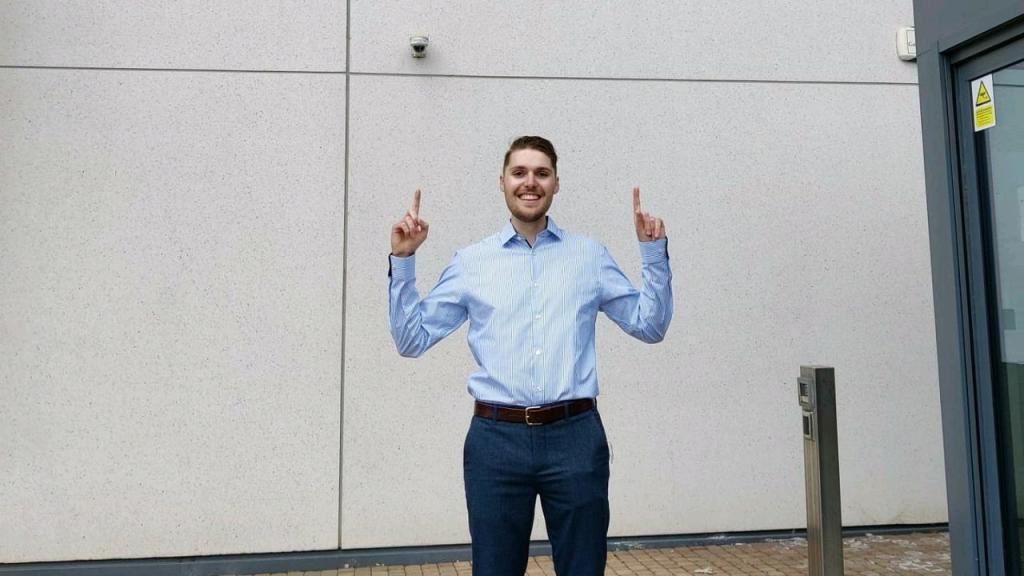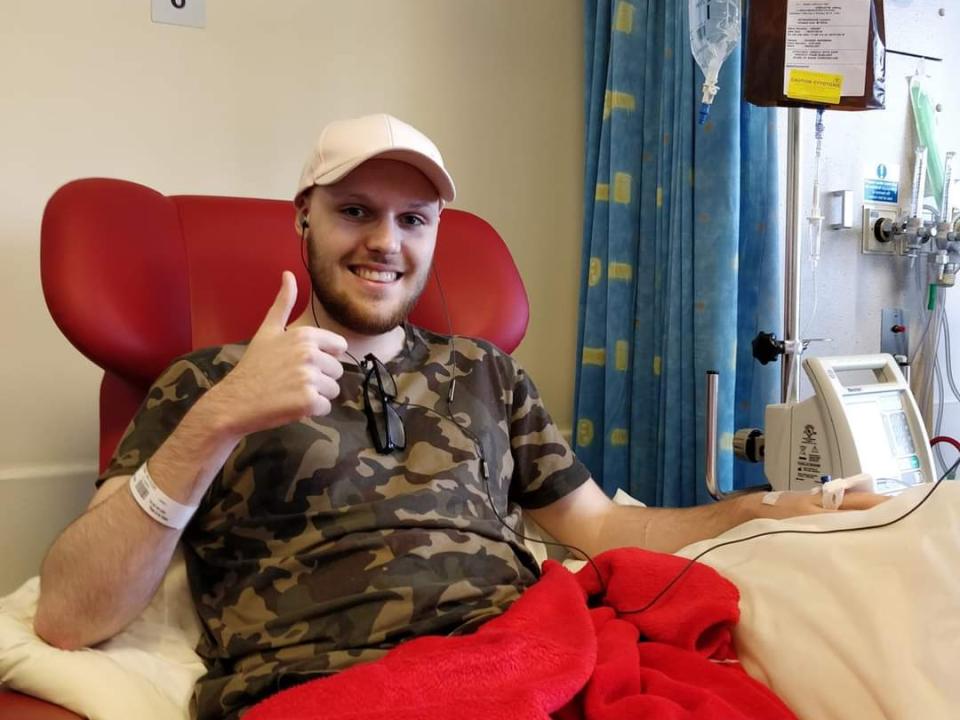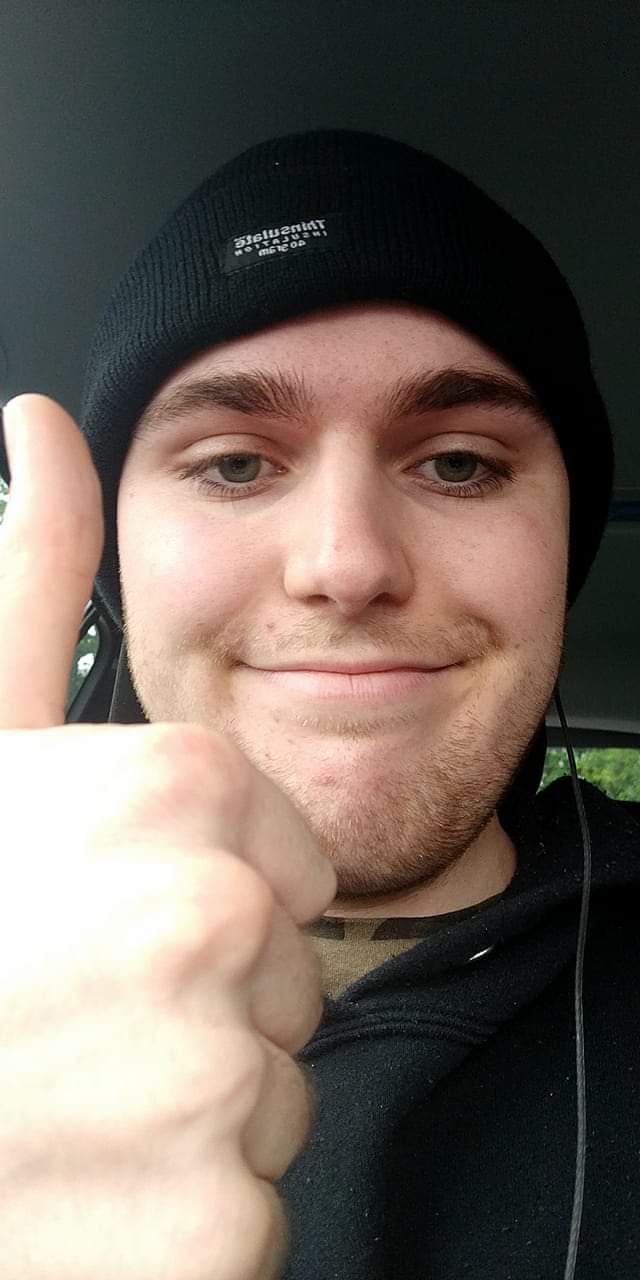
Brain tumour survivor George – ‘I’ve had to refigure some things out about my life’
Diagnosed with a rare brain tumour at the age of 22, anyone would forgive George Horsman for dwelling on the negatives of the situation. But the aviation technology graduate has a very different perspective on his experience.
After suffering from bouts of headaches for weeks in early 2018, George from Arklow decided to get an MRI to help get to the root of the problem. Within a matter of days, he was shocked to find out that a brain tumour had been causing the trouble.
“I then went into the emergency department and had a biopsy, and they also relieved the pressure in my brain which had been building up and causing the headaches. The doctors were expecting me to have a grade 1 glioma, but I received my diagnosis of a grade 4 pineoblastoma on March 5th. The doctors were baffled that someone my age had this condition as it is much more common among very young children,” says George.
While pineoblastomas can often tragically lead to poor outcomes for younger children who may have limited treatment options, George’s age actually worked in his favour.
“It was still a very difficult time. I had to have three brain surgeries, 30 radiotherapy sessions and 10 months of chemotherapy. I remember being told when I had a follow-up MRI in October that it was either going to be that the tumour was resisting treatment, or that things were going well. That was tough to hear.
“I ended up getting the cancer-free diagnosis on October 18th. It was the most amazing news, and I’d never felt so happy,” George fondly recalls.
Remarkably, George managed to return to his studies in 2020 having had to step back from college just two months before he was due to graduate, and ultimately received a first-class honours degree in aviation technology.
While his achievements against such odds opened up an exciting career path for him, George is mindful of the opportunities he has had to forego due to his diagnosis.
“The treatment has left me with some permanent problems. I had originally wanted to be a helicopter pilot, but the surgery caused me to have double vision so I can’t legally fly unfortunately. So I’ve had to refigure out a lot of things that I want to do and that I’m able to do in my life.”

The treatment left some other lasting consequences for George including short-term memory problems and hypopituitarism, but he says with the assistance of brain injury service Headway and follow-up hospital appointments he has been able to manage these issues.
George said he also found information available from the Irish Cancer Society to be helpful: “They have useful resources for dealing with cancer, and for my family to be able to support someone who has cancer.”
George feels it is also important to acknowledge the mental health side of dealing with a cancer diagnosis.
“While the cancer and physical tole it takes on you is hard, I feel the mental weight that comes with it can be just as heavy, and it’s just important to take care of your mental health as it is your physical health. Having a strong support system in place helps.”
“For me it was quite difficult having to deal with what I went through at the age I was, and I lost a lot of aspirations and goals that I had. Being able to come to terms with who I am after the cancer was very tough for me, but it’s important not to be too self-critical and beat yourself up over it, and to find acceptance of yourself.”
Contact the Irish Cancer Society Support Line
If you have worries or concerns about cancer, you can speak confidentially to an Irish Cancer Society Cancer Nurse through the Freephone Support Line on 1800 200 700.
Monday to Friday, 9.00am - 5.00pm
For more information
Phone
1800 200 700

